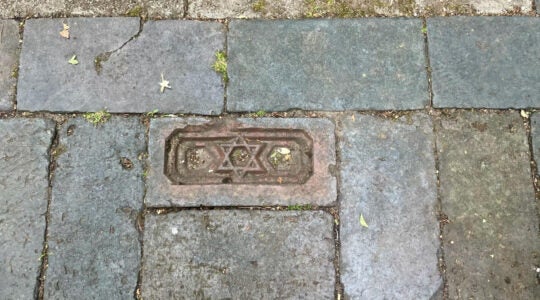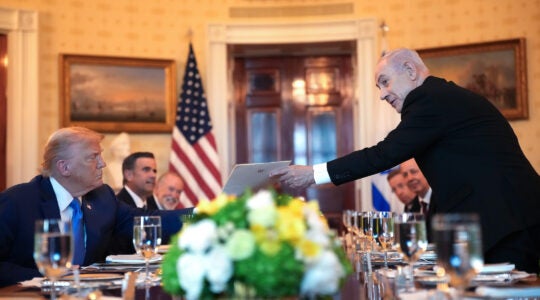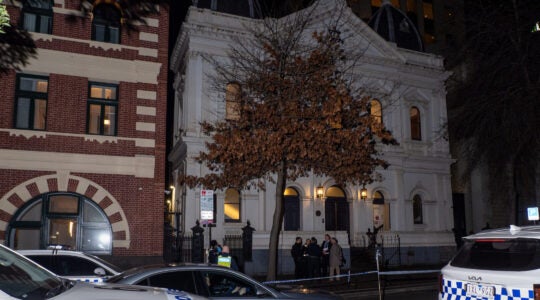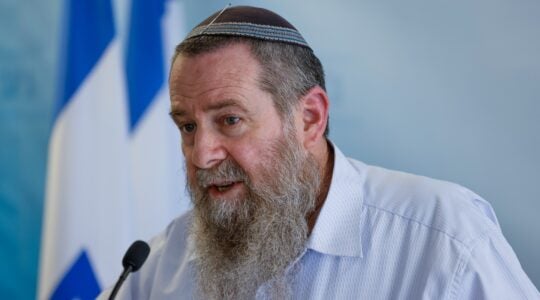ROME (JTA) – Two post-Holocaust popes who revolutionized relations between Catholics and Jews were proclaimed saints of the Roman Catholic Church.
Pope Francis canonized popes John XXIII and John Paul II on Sunday at an unprecedented ceremony in St. Peter’s Square attended by huge crowds of faithful and watched live around the world. It was the first time that two popes were canonized at the same time.
Calling them “men of courage,” Francis said they were “priests, bishops and popes of the 20th century” who “lived through the tragic events of that century, but they were not overwhelmed by them. For them, God was more powerful; faith was more powerful.”
A Jewish delegation including about 18 representatives from the United States, Italy, Israel, Poland and Pope Francis’ native Argentina attended the canonization.
John Paul’s successor, Benedict XVI, who stepped down from the papacy last year, came out of retirement to attend.
John XXIII, born Angelo Roncalli in northern Italy, reigned as pope from 1958 to 1963. As pope, he convened the Second Vatican Council, whose landmark Nostra Aetate declaration in 1965 rejected the charge that the Jews killed Jesus, condemned anti-Semitism and opened the way to dialogue between Jews and Catholics. During World War II, he had worked to save Jews as a papal diplomat.
John Paul, born Karol Wojtyla in Poland, reigned from 1978 to 2005 and made bettering relations between Catholics and Jews a cornerstone of his papacy. He was the first pope since ancient times to visit a synagogue, and took many other steps, including praying at the Western Wall in Israel and overseeing the establishment of diplomatic relations between the Vatican and the Jewish state.
Jewish leaders and organizations welcomed the double declaration of sainthood.
“These two popes were integral to the post-Holocaust transformation of Catholic and wider Christian attitudes toward Jews and Judaism,” Noam Marans, the American Jewish Committee’s director of interreligious and intergroup relations, wrote in an Op-Ed. “It’s easy to take this change for granted, but this development moved the church from a force that endangered Jewish survival to one committed to the future of Jews and Judaism.
“We must never forget the centuries of Christian enmity that preceded the Holocaust, but we must also be ready to praise those who modeled a new narrative for the billions of souls in their care,” he added.
JTA has documented Jewish history in real-time for over a century. Keep our journalism strong by joining us in supporting independent, award-winning reporting.





